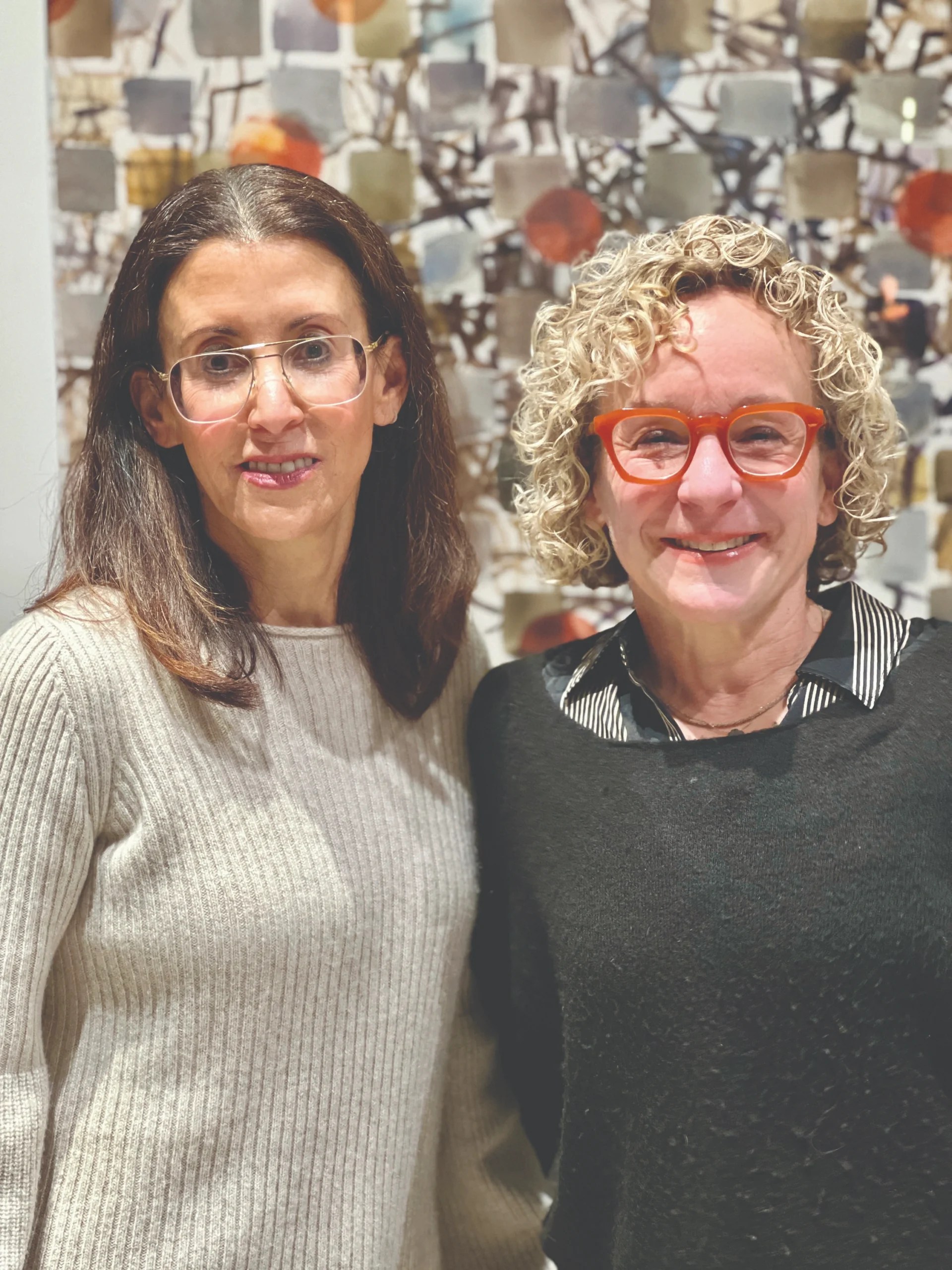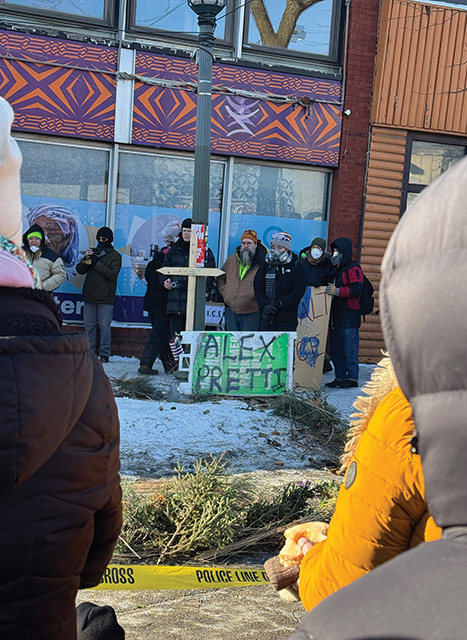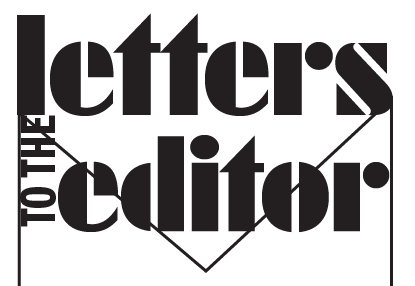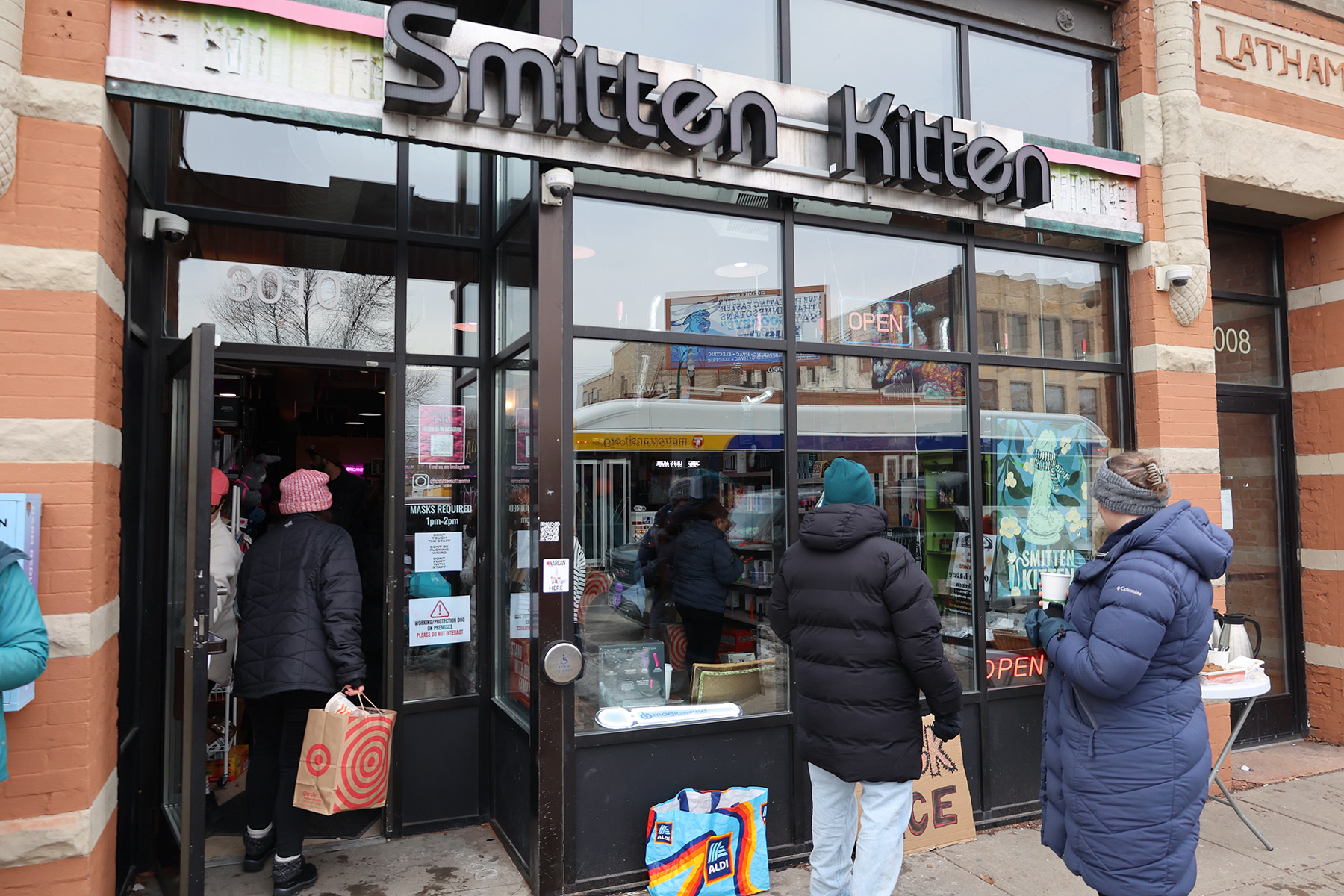It’s Dry January, and many have embraced the month-long challenge to abstain from alcohol. For some, it’s an entry point into understanding the broader realities of addiction and an opportunity to reflect on their relationship with alcohol.
For others it’s more personal. The experience may spark a deeper realization: the need for professional help to address drug or alcohol addiction. And still for many others who are in recovery, Dry January is not a choice made for only one month.
As friends and neighbors with loved ones who have struggled with addiction, some now in recovery and others no longer with us, we are committed to expanding, improving and drawing attention to evidence-based addiction recovery services available in our own backyard at the Hennepin Healthcare Addiction Medicine Clinic. Whether it's your own child, parent, partner, friend or colleague, addiction touches us all.
Author William Cope Moyers wrote in his memoir Broken, "Addiction doesn’t discriminate. It affects people of all ages, races, and socioeconomic backgrounds. It’s not about weakness or morality— it’s a chronic disease… [it] doesn’t just affect the person using substances; it impacts entire families and communities. Healing requires a collective effort." We have chosen to lean into that collective effort, chipping away at the surrounding stigma, and we invite you to join us.
The Facts on Addiction and an Evidence-Based Approach
Fueled by skyrocketing opioid use, 750,000 people in the U.S. die every year from drugs and alcohol. In 2022, there were 1,002 opioid-involved overdose deaths in Minnesota. People of color are disproportionately impacted by addiction, with American Indian Minnesotans ten times and Black Minnesotans three times as likely to die from an overdose than their white counterparts.
Minnesota is known for having prominent rehabilitation centers, but many of them focus on private pay insurance, are in-patient, or exclude evidence-based medical treatments. In Minnesota alone, 350,000 residents currently need but are not receiving treatment.
Hennepin Healthcare has found itself in the middle of this addiction health crisis. As Minnesota’s largest safety-net provider, Hennepin Healthcare serves a population disproportionately affected by addiction with limited treatment options available to them.
Hennepin Healthcare’s current Addiction Medicine Clinic is just under 3,500 square feet of space, smaller than many of this paper’s readers’ homes. It has just six chairs in the waiting room and two exam rooms. In this inadequate space, the clinic and its team of top tier providers treat nearly 400 people per day with proven, holistic, medical-based, out-patient treatments that are accessible to all.
People, some our neighbors, go to the Addiction Medicine Clinic because they were prescribed opioids after surgery, tried a friend's ADHD prescription to get through college exams, smoked marijuana to calm their anxiety, or drank alcohol to numb themselves from the stresses of life.
The clinic provides best-inclass medical treatment for addiction, which includes the use of medications such as buprenorphine, methadone and naltrexone, the latter for alcohol use disorder, along with therapeutic and peer support groups.
Gabe Keller, East Isles resident, PKA Architecture co-founder and Hennepin EMS paramedic shared, “Every one of my EMS shifts, from the streets of Minneapolis to the shores of Lake Minnetonka, involves responding to overdose calls. It is heartbreaking to witness the devastation this disease inflicts on my patients, their families and our communities.”
Moving Forward
Whether you participate in Dry January or not, we encourage you to reflect on the impact addiction has had on your own circle of family and friends as well as our city that has seen an increase in addiction-related crime, homelessness and disorder.
Evidence-based, proven and compassionate treatment options are available for individuals living with addiction. Dr. Charlie Reznikoff, addiction medicine physician at Hennepin Healthcare, summarized his work this way: “My day-to-day professional experience is helping people who are trying to be sober, many of whom are succeeding. I go to work, and I talk to people who want to be there, who want help, and it’s just an amazing experience.”
We invite you to join us in taking action to expand, improve and draw attention to this important resource in our city, the Hennepin Healthcare Addiction Medicine Clinic. Together, with compassion, understanding, and action, we can make recovery an option for everyone who needs it in our community.






